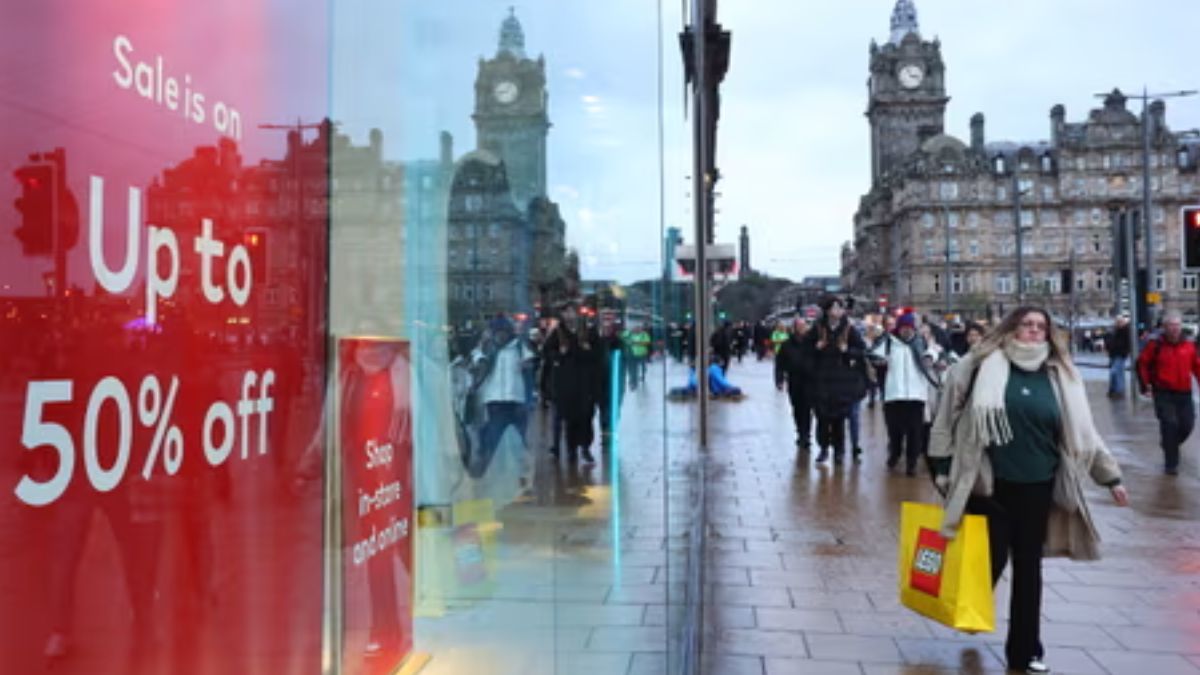
The retail landscape in the UK encountered a setback in July, witnessing a 1.2% contraction primarily due to adverse weather patterns dampening summer clothing purchases and the ripple effect of escalating living expenses on food shopping. The Office for National Statistics (ONS) notably emphasized that supermarkets bore the brunt of this decline.
The conjunction of inclement summer weather and elevated living costs converged to result in lackluster sales across both the apparel and food segments. Correspondingly, department stores observed subdued demand for essential household goods. In a noteworthy revelation, the ONS disclosed that in comparison to February 2020, a pre-Covid period, total retail sales had witnessed a surge of 16.4% in value while concurrently experiencing a 1.8% contraction in the volume of goods procured.
While inflationary pressures have witnessed a slight alleviation to 6.8%, food prices persist in their pronounced ascent. Supermarkets experienced a dip of 2.6% in sales volume during July, partially attributed to adverse weather conditions curbing summer attire purchases, coupled with a decline in food sales. The inter-month retail sales data between June and July unveiled a more substantial slump than economists had foreseen, surpassing their prediction of a 0.6% decline.
The adverse weather stimulus yielded shifts in consumer behavior, prompting several retailers to report an uptick in expenditure on indoor entertainment items aimed at counteracting the impact of the rain. Parallelly, online retailers reaped the benefits of this scenario, with a 2.8% uptick in online sales observed during July. This rise propelled the share of online sales in the total retail sphere to 27.4%, marking the highest proportion since February and marking an increase from the 26% seen in June.
With the onset of August, retailers are cautiously optimistic about a potential sales resurgence, driven by families gearing up for the imminent back-to-school season in September. Traditionally known as a peak spending period in the retail calendar, it is often likened to the fervor of Christmas shopping. Moreover, as the horizon extends to the holiday season, sales are projected to receive a boost, with specific retailers already reaping rewards from the popularity of certain products, such as merchandise tied to the Barbie film.
